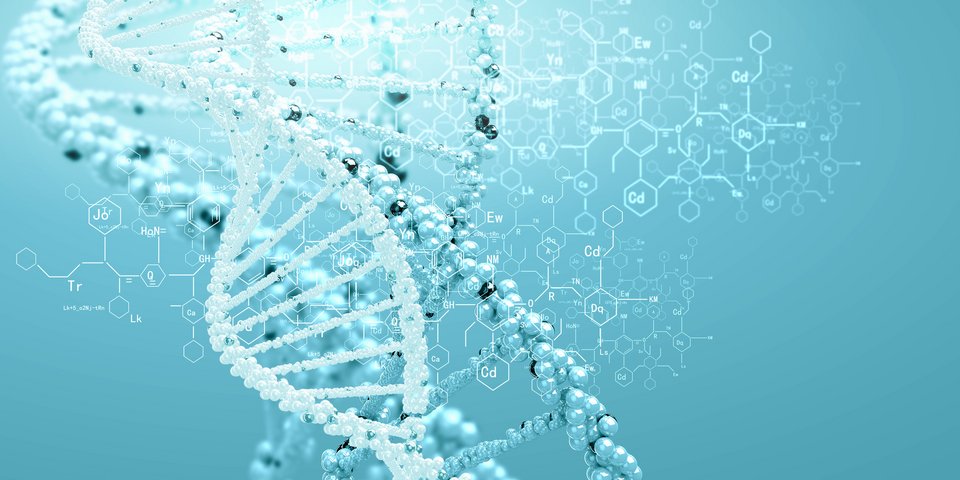 Sergey Nivens - Fotolia
Sergey Nivens - FotoliaOne million genomes for research and health
Germany joins European initiative.
RB – 02/2020
Germany
recently became the 21st Member State to join the EU’s 1+Million Genomes Initiative. On 16 January 2020, Federal Health Minister
Jens Spahn signed the Declaration in the presence of Health Commissioner Stella
Kyriakides. The goal is to have at least one million sequenced genomes in a European
database by 2022 and to make them available for research.
What is this initiative about and how do citizens benefit from it?
Genomics
has the potential to identify the future risk of diseases such as cancer,
chronic diseases and neuropsychiatric disorders. For example, genome sequencing
enables doctors to carry out personalised treatment or to identify the
effectiveness or risks of a drug therapy in advance.
The
European-wide collection of genome sequences will be shared between health
authorities and EU Member States, in full compliance with data protection rules
and ethical implications. To do this, existing genome databases in Europe will
be linked to the European genome database.
The
collection, storage and use of the genome sequences will facilitate research
into genetic predispositions to complex diseases or the detection of diseases
at earlier stages in order to improve preventive measures. The focus of the
initiative is to benefit patients.
The
signatories have agreed on three main areas of application: cancer, rare
diseases, and common and complex diseases.
At the
signing ceremony in Berlin, Stella Kyriakides, Commissioner for Health and Food
Safety, said: ‘I welcome Germany’s signing of this important initiative that
will contribute to advancing research and the development of new treatments.’
Background
The
initiative is part of the EU agenda for the digital transformation of the
healthcare and long-term care sectors. The roadmap for Europe’s Beating Cancer
Plan also includes
the genome initiative. For example, cancer patients benefit from personalised
medicine and the research and development of new treatment methods.
